Challenges
A well-stocked pantry makes cooking and planning meals easier. With proper storage, the foods listed here will still be good a year from now, and they could last even longer if you have space in your fridge or freezer. Added bonus: They are good for you.
“Each food listed here benefits your brain — but don’t think about them in isolation,” says Penny Kris-Etherton, Evan Pugh University Professor of Nutritional Sciences, Emeritus at Pennsylvania State University. “Incorporate them into a generally healthy eating pattern that will benefit both your brain and your body.” That means you’ll also want to include plenty of fresh fruits and vegetables, plus fish and healthy fats like olive oil, into your meal planning.
1. Canned Pumpkin


This vibrant vegetable contains two naturally occurring compounds — lutein and zeaxanthin — that help protect the eyes by filtering damaging blue wavelengths of light. These compounds may also help protect the brain. A diet that provided high amounts of lutein and zeaxanthin from foods, such as dark green and orange fruits and vegetables, was associated with better performance on working memory tests in a study published in Public Health Nutrition in 2021 that analyzed data from 6,390 adults ages 50 and older.
How long does it last?
In your pantry: Unopened cans last 1 to 2 years.
In your fridge or freezer: Transfer the contents of an opened can to an airtight container and refrigerate for up to 7 days or freeze for 3 to 5 months.
2. Nuts

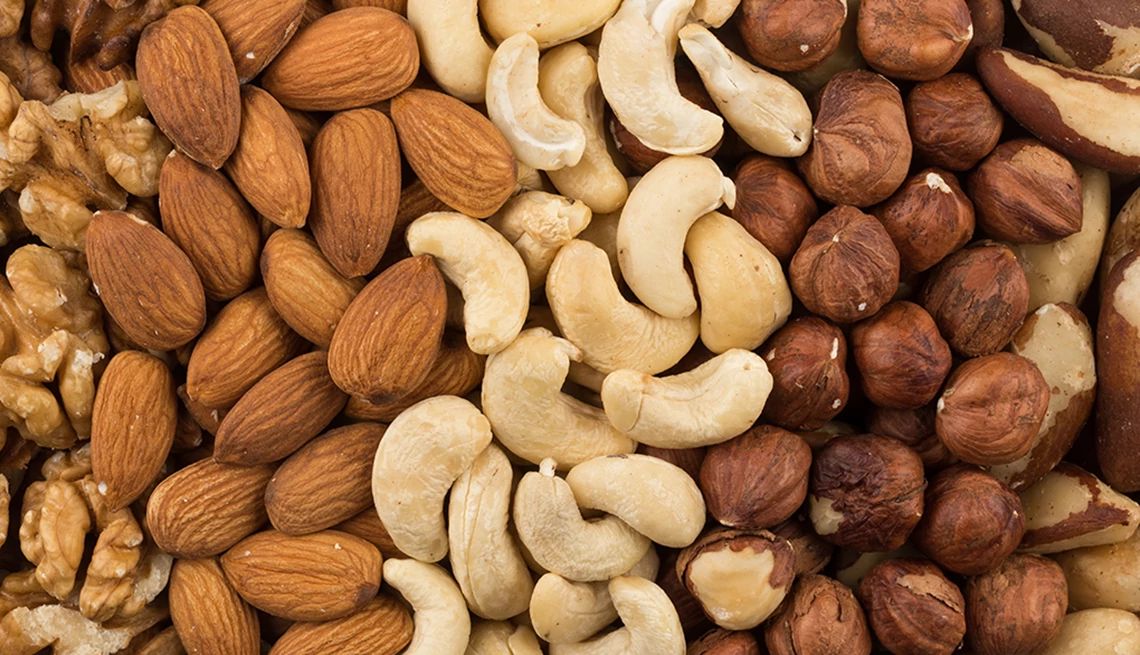
Walnuts, almonds, cashews and pecans add flavor and plenty of nutrients to salads, breads, sauces and more. They may also support memory and healthy aging. In a study that followed more than 9,000 adults age 70 and older for an average of four years, those who ate nuts daily had a 23 percent lower risk of dementia and physical disability than people who never or rarely ate nuts. The results were published in Age and Ageing in 2024.
How long do they last?
Pantry: Unopened packages of shelled or unshelled nuts last 6 months past the printed date; opened packages will last that long if stored in airtight containers to keep out moisture.
Fridge or freezer: In an airtight container, refrigerate for a year past the printed date or freeze for up to 2 years past the printed date.









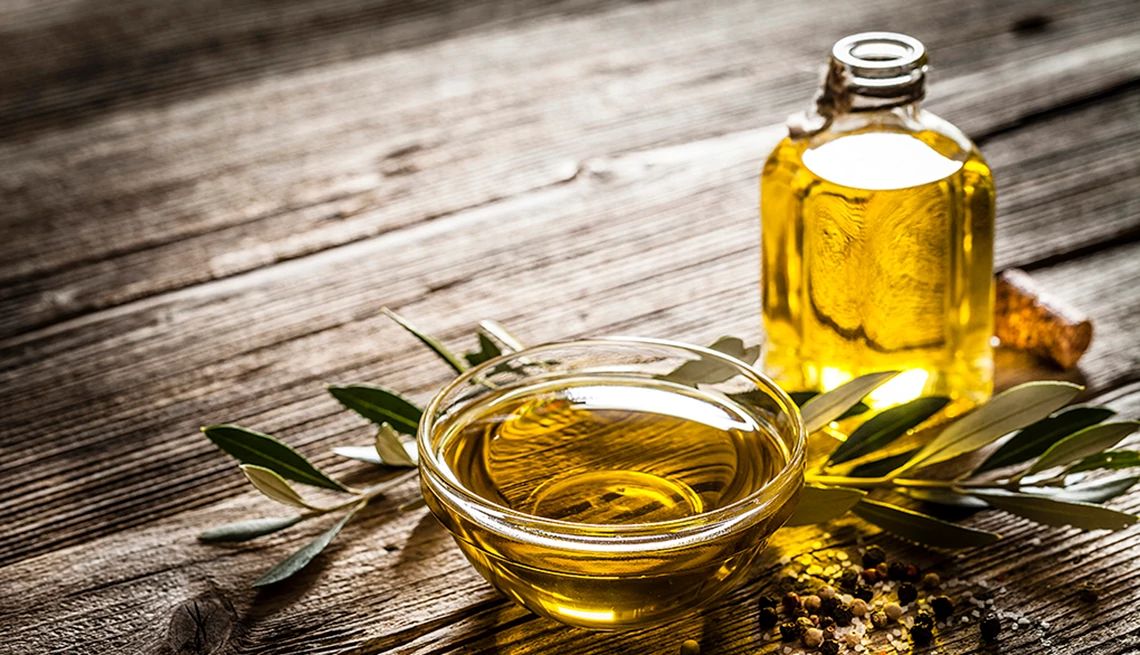
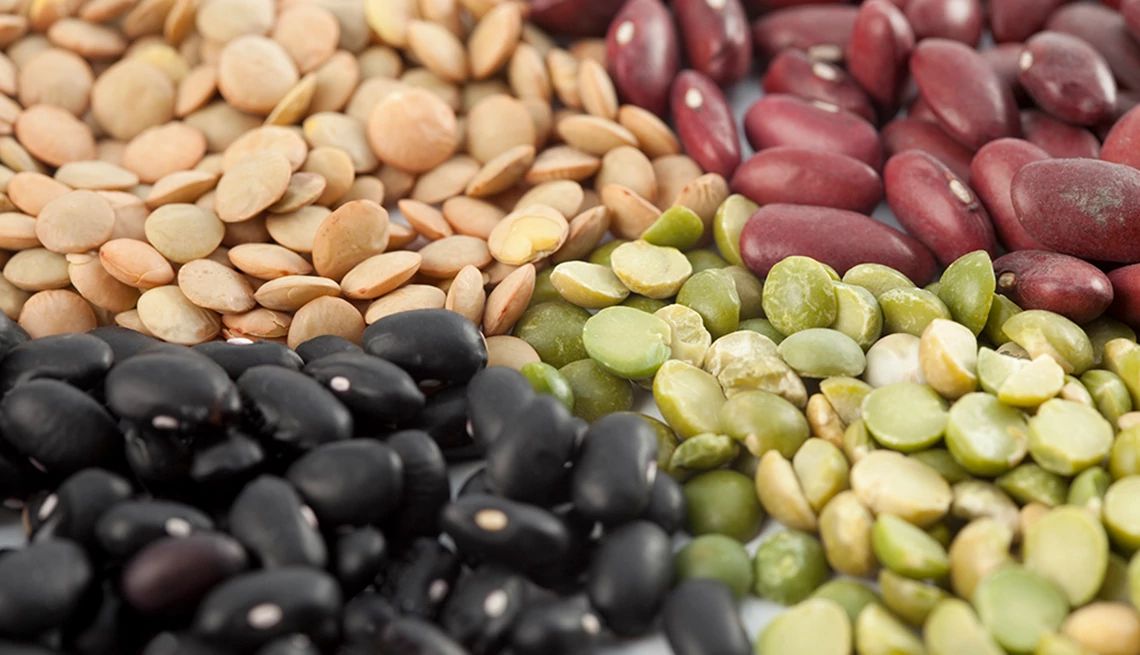
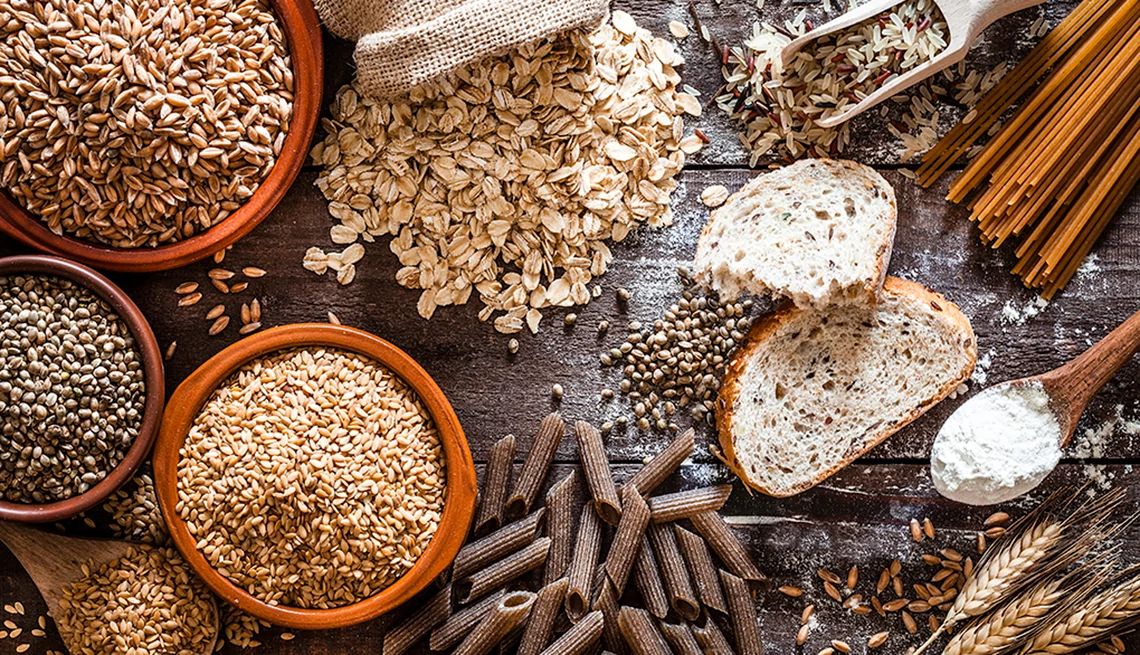


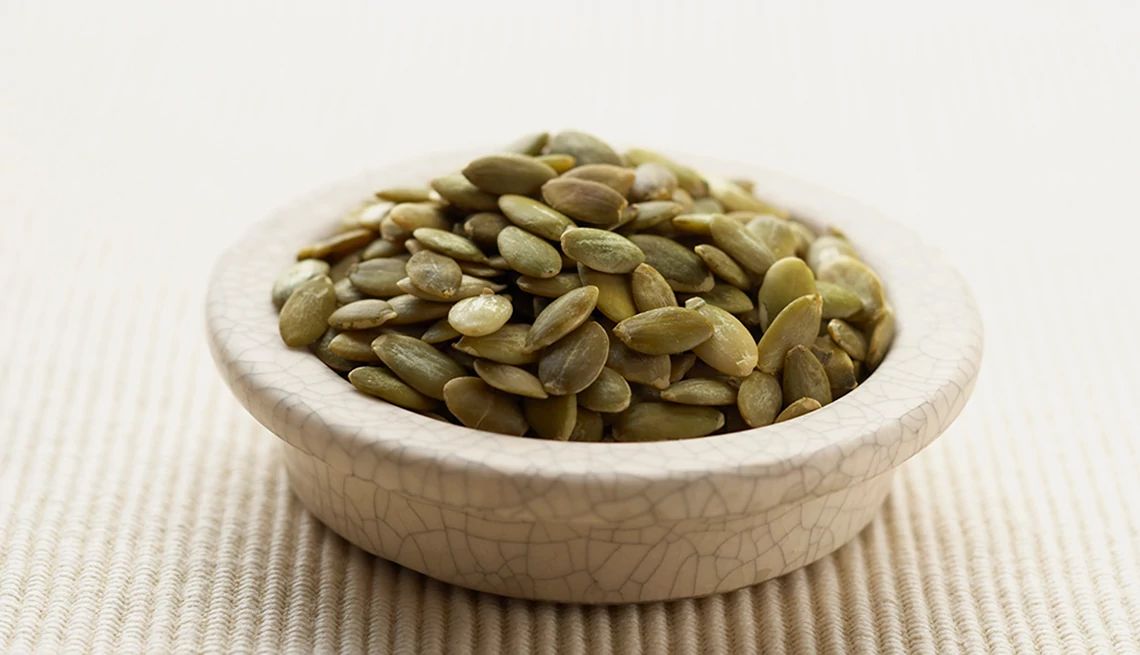
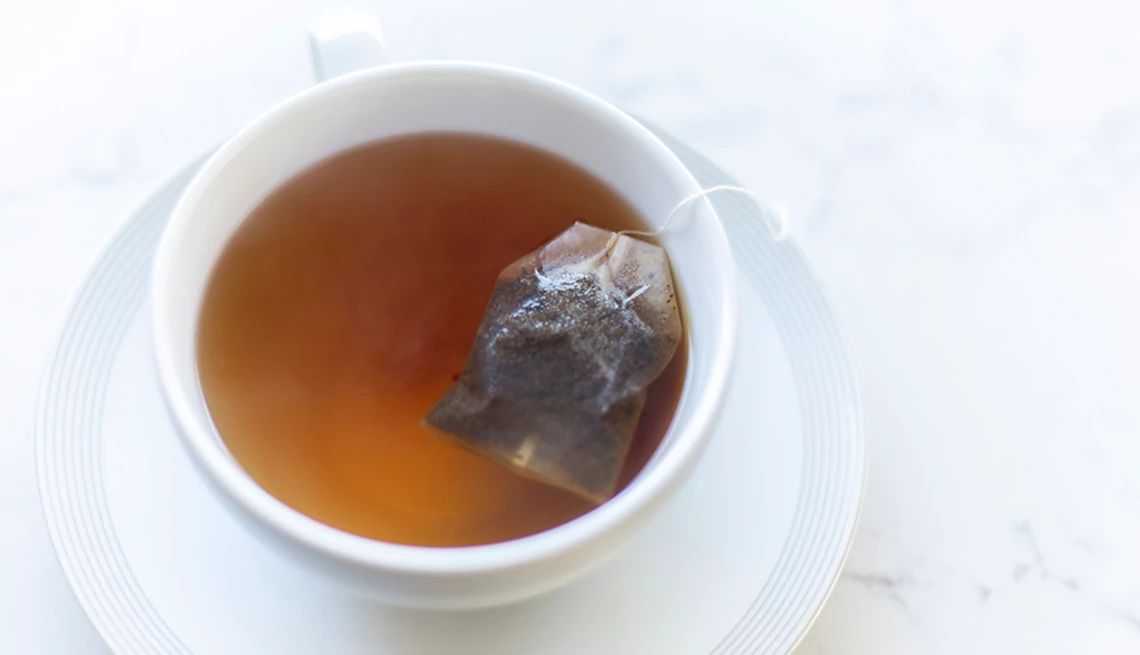



More From Staying Sharp
Protein Prep Time
Filling foods to make or buy ahead
The Brain-Gut Connection, Explained
Learn how your brain and gut are linked and how to support their health
Everyday Brain: Spatial Reasoning
A neurobiology professor sheds light on the brain’s “inner GPS"